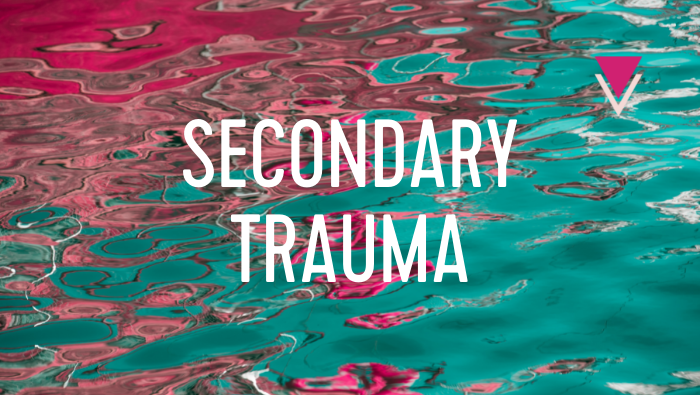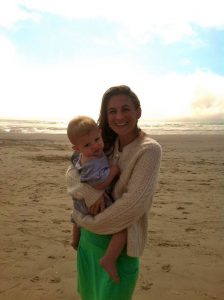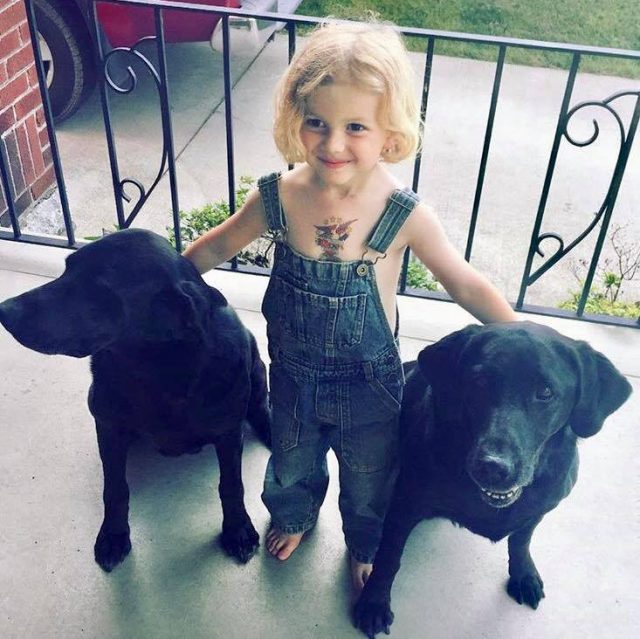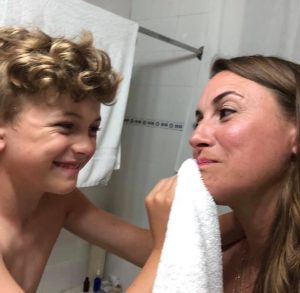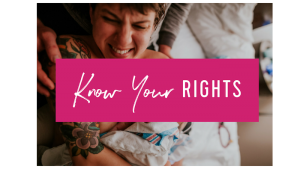Please read our companion article to this piece, “Birth Trauma, Obstetric Violence, and the Human Cost of Caring,” on the Obstetric Violence Blog, Durham University (U.K.). Thank you to the brilliant Dr. Camilla Pickles for inviting me to write on this topic!
My son has huge brown eyes and yellow curls that make him look like a cherub. He’s not quite three years old, and he’s asking me to feed him.
I’m trying to work on my computer, remotely triaging a very pregnant woman who has been told by her doctor that she has 24 hours to report in for a Cesarean before he sends police to her house to force her. I have calls and messages out all over, rallying legal and community support for this woman while trying to reassure her that we won’t let anyone cut her baby out of her body against her will.
It’s 2013 and I’m vice president of a national consumer advocacy group working on urgent birth issues around rights, fielding questions and calls for help from pregnant folks and our hundreds of volunteers around the U.S. at all hours.
As my son presses me for what he needs, my shoulders tighten up towards my ears and my chest feels like it’s cramping. My ears buzz and everything in me says: “Get him away! Don’t let him come any closer!” I feel defensive and hostile. He feels like a threat. He’s one more person standing between me and this woman who is falling off a cliff.
I’m having a physical reaction to my son as if he is a rabid dog snarling at me, and I feel like a rabid dog snarling back. I am fearful and angry and I yell at him until he cries. Then I feel guilty, but panicked, too, because I’ve been pulled away from my computer. I don’t have time for this; after this woman, I’ve got two other women waiting for me to call them back and I’ve been sick all week. I’m so behind and there are so many more out there, traumatized, bullied, alone.
Looking back, I feel sorry for both me and my son. It kills me to think of that little boy frightened to ask his mother for something so basic and feeling rejected and uncared for. Who knows what that left him with?
I can still vividly remember the panic I felt in these moments, being pulled in two impossible directions. I had no control over my physical reactions to Henry and no control over the endless stream of messages from around the country. He and I were pitted against each other as my work consumed everything.
It took a group intervention by some close colleagues within that next year or two to open my eyes to just how dysfunctional the relationship was among myself, my son, and my work. They pointed out that I was painfully thin and seemed sick all the time. And it’s true; I was laid out in bed for about a week every month with some illness or another, my only chance to catch up on sleeping and eating. My parents and my neighbors–a young nurse, a retired parole officer, and an empty-nest mother–were constantly pitching in where I couldn’t hack it.
Companion article: Birth Trauma, Obstetric Violence, and the Human Cost of Caring
on the Obstetric Violence Blog, Durham University (U.K.)
That intervention started a long journey back to health that revolved around recognizing my own trauma and how my symptoms overlapped with those of the people I was serving. I remember sitting in a doctor’s office for my first appointment and when she said gently, “I’m seeing signs of PTSD in you,” I thought, “What??? No, I’m the one HELPING people with PTSD!”
That same doctor ran all kinds of diagnostic tests and I was stunned to see on paper how trauma was showing up in my body. It was making me sick.
She said, “With these numbers, I can’t believe you’re able to get out of bed.”
As anyone who works in maternal health knows, there is no clear line between the psychological and the physical. There are countless stories of pregnant people being scared out of labor by an aggressive care provider or suddenly able to release for birth when they felt safe. I experienced this myself.
All of us, pregnant or not, constantly respond to our environments with hormonal shifts that impact blood flow, muscle tension, and organ function. This can mean acute symptoms in response to stress, or more serious chronic illness that develops from experiencing stressors over a prolonged period of time. (More information is here: https://www.apa.org/
So, it makes sense that my healing has been (is being) accomplished across many dimensions of what it means to be human, and delving into other traumas from childhood and young adulthood that I thought were long over and buried away. Basic physical needs like good food, regular movement, and adequate sleep are just a start. Just as important are trauma counseling (Holistic Peer Counseling is my go-to) and re-education around processing feelings, holding boundaries, and forgiving myself. I need jigsaw puzzles, embroidery, and gardening to decompress.
I am learning to listen to my body and follow its lead even when it prompts me in ways that may seem strange or unrelated. If my neighbors heard me and Henry laughing in our backyard as we smashed glass in a trashcan last summer, I doubt they would recognize that trauma healing was what was happening for us.
Healing in these many different ways has transformed my relationship with my work and how I show up in the world. I no longer feel victimized or helpless in the face of so much violence and abuse; I feel confident that I will accomplish what I set out to do. I don’t worry that it’s only a matter of time before the trauma pushes me into a safer line of work. I do recognize that it is a never-ending process to absorb the incoming horror and grief and find ways to work it out of my body and psyche–I am in physical therapy now for my own symptoms related to an overload of other people’s trauma.
I had been intimately familiar from years in birth advocacy with how unnecessary birth trauma–specifically, trauma inflicted by coercive or abusive care providers–impacted the parenting, partner relationships, and life trajectories of those who had experienced it. Later, especially working with doulas across the country who agonized over the most fraught part of their jobs, I learned about secondary trauma, trauma experienced by those who witness the abuse of others. Now, I can see so clearly how trauma spills over into the lives of everyone who sees it, who is complicit in it, who is conflicted about their role in it, who fights with everything in them against it, who perpetrates it.
Trauma is not linear. Nor does it respect limits.
Trauma is uncontained and self-perpetuating.
It bounces off everyone in its orbit, revealing our weaknesses and triggers and old hurts. It can be incredibly destructive when it is unleashed but it also allows us unprecedented access to the places where we need to heal and love ourselves the fiercest.
Now in 2021, it’s early morning and, as I write this, I’m sitting by the fire in a little cabin on a farm in the misty hills of southern Kentucky. I retreated here overnight for the solitude I can’t get at home, so I can wrap up this long overdue pair of articles on secondary trauma.
Companion article: Birth Trauma, Obstetric Violence, and the Human Cost of Caring
But, life being what it is, things haven’t quite worked out how I planned, and I’m not even close to done yet as the minutes tick away towards check-out time.
I am acutely aware of my lack of progress, frustrated, and trying hard to focus. I start and stop typing more than once. Finally, inspiration dawns and I find my groove for just a few minutes–when nine-year-old Henry flings open the cabin door with a whoop. “Mom! Come see what I did! I drew art all over the stones outside!”
That old familiar tightening starts to creep up my abdomen–“Not now! Get away!”–before I consciously release those muscles and pull a breath in and push it out. “My son is more important than my work, my son is more important than my work,” I tell myself. After a second or two, my brain makes a distinct shift from, “He is a threat,” to, “Oh, RIGHT! He IS the most important thing and I LOVE him!”
I wait a breath as my heartbeat slows to normal and the world seems safe again, then turn to my son with a smile.
I’m so happy he’s here.
If you have experienced secondary trauma as a birth or medical worker, you may be interested in the trauma healing program Birth Monopoly is building in collaboration with Holistic Peer Counseling. Click here to get on the waitlist.

